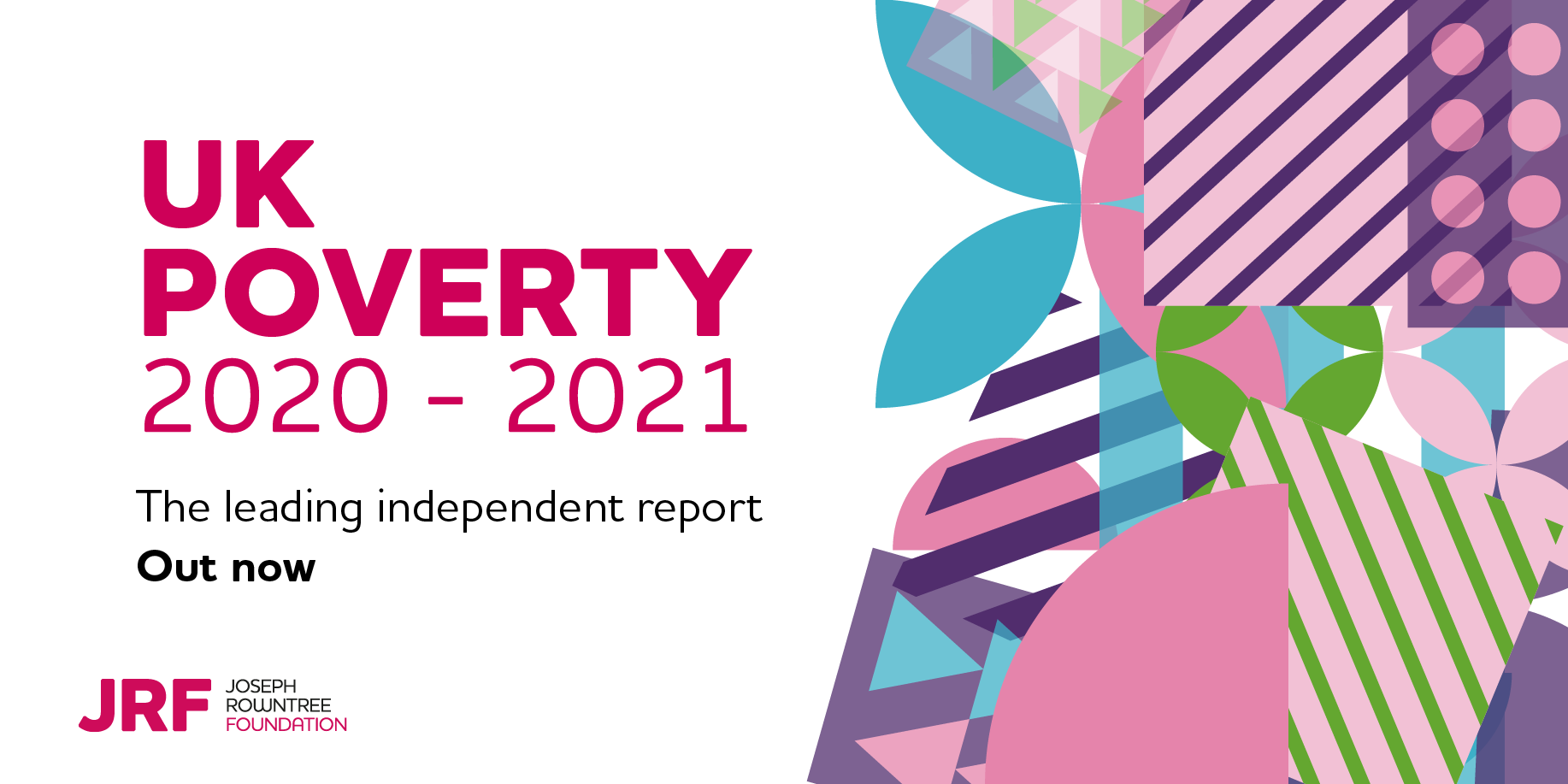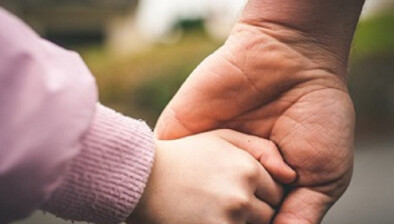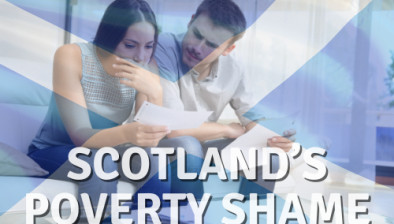JRF: Nearly one in five Scots ‘living in poverty’

Deprivation levels in Scotland are worsening to the point that nearly one in five people are now classed as being in poverty, according to a new report.
In the 2020/21 edition of the Joseph Rowntree Foundation’s (JRF) annual report on the nature and scale of poverty across the UK, and how it affects people struggling to stay afloat, the charity said Scotland’s poverty rate stands at 19.2%, compared to 17.8% over the three years period from 2011/12 to 2013/14.
The charity is warning that governments must make tackling poverty an economic priority in 2021, especially as unemployment rises during the coronavirus pandemic.
The analysis shows that the three-yearly poverty average is higher in Scotland than Northern Ireland (19%) but lower than England (22.3%) and Wales (22.8).
It also identifies the south of Scotland as among the areas of the UK that have suffered worst during the pandemic with the highest proportion of state benefit claimants per job vacancy.
The area is pinpointed alongside Northern Ireland, some coastal areas, central parts of cities and parts of Wales as among those who have more than 12 claimants per vacancy.
The JRF said: “We are in the midst of the coronavirus storm – a turbulent time when all of us have felt insecurity and instability. But our analysis shows too many of us entered the pandemic already at risk of being cast adrift into poverty, while often lacking secure housing, a reliable income or adequate support. It also shows that those of us already struggling to keep our heads above water have often been hit the hardest.
“Our response to the pandemic should be measured by how just and compassionate it is to people in poverty, whether they were already experiencing hardship or have been swept into it.
“This report highlights early indications of how poverty has changed in our society since the start of the coronavirus outbreak, as well as the situation revealed by the latest poverty data, collected before the outbreak. It examines overall changes to poverty, with sections looking at the impact of work, the social security system and housing. It also benefits from powerful insights from members of our Grassroots Poverty Action Group, who have direct experience of living on a low income.”
In its recommendations, the report calls for bold action to retrain workers and create good quality new jobs
With unemployment is expected to rise in the coming months, the report calls for bold action to retrain workers and create good quality new jobs.
Earnings for low-income working families also need to improve and governments must support people in the lowest-paid jobs, or people working part-time, to move into higher pay and access sufficient and secure working hours.
To strengthen the benefits system, the report recommends that the temporary £20 per week increase to Universal Credit and Working Tax Credit be made permanent, extending this same lifeline to people on legacy benefits such as Jobseeker’s Allowance and Employment and Support Allowance.
The amount of low-cost housing available for families on low incomes and support for households who have high housing costs must also increase, the charity added.
A UK Government spokesman said: “We are committed to supporting the lowest-paid families through the pandemic and beyond to ensure that nobody is left behind. That’s why we’ve targeted our support to those most in need by raising the living wage, spending hundreds of billions to safeguard jobs, boosting welfare support by billions. The UK Government has also provided an additional £9.5 billion in funding to the Scottish Government to tackle the pandemic.”






